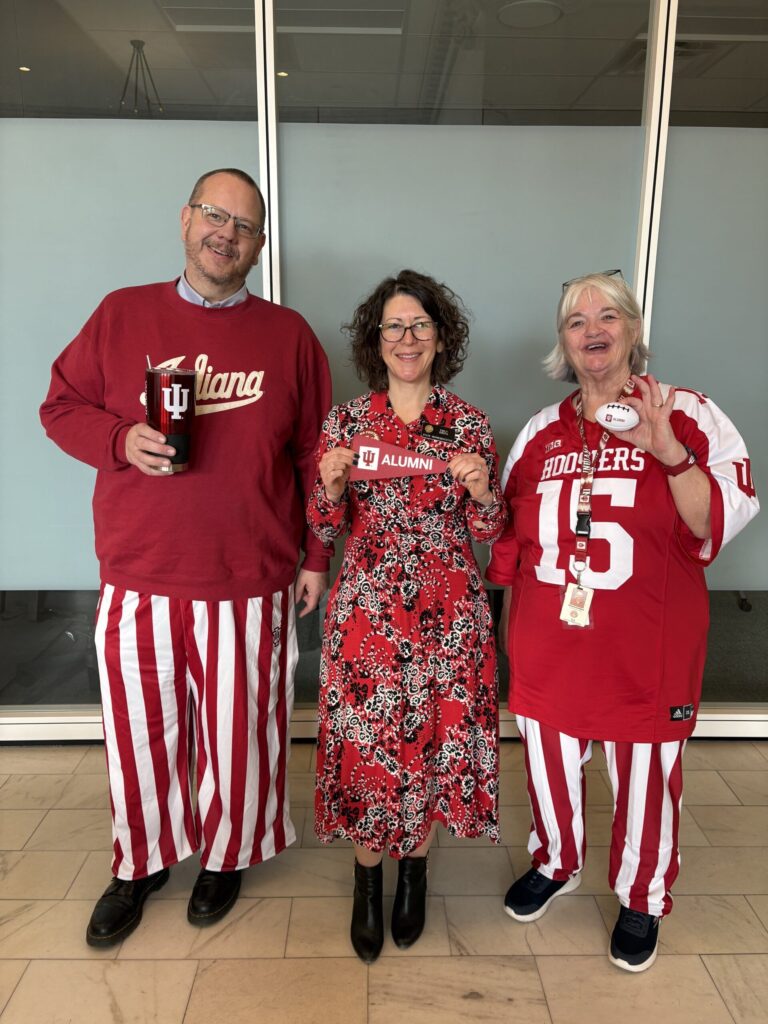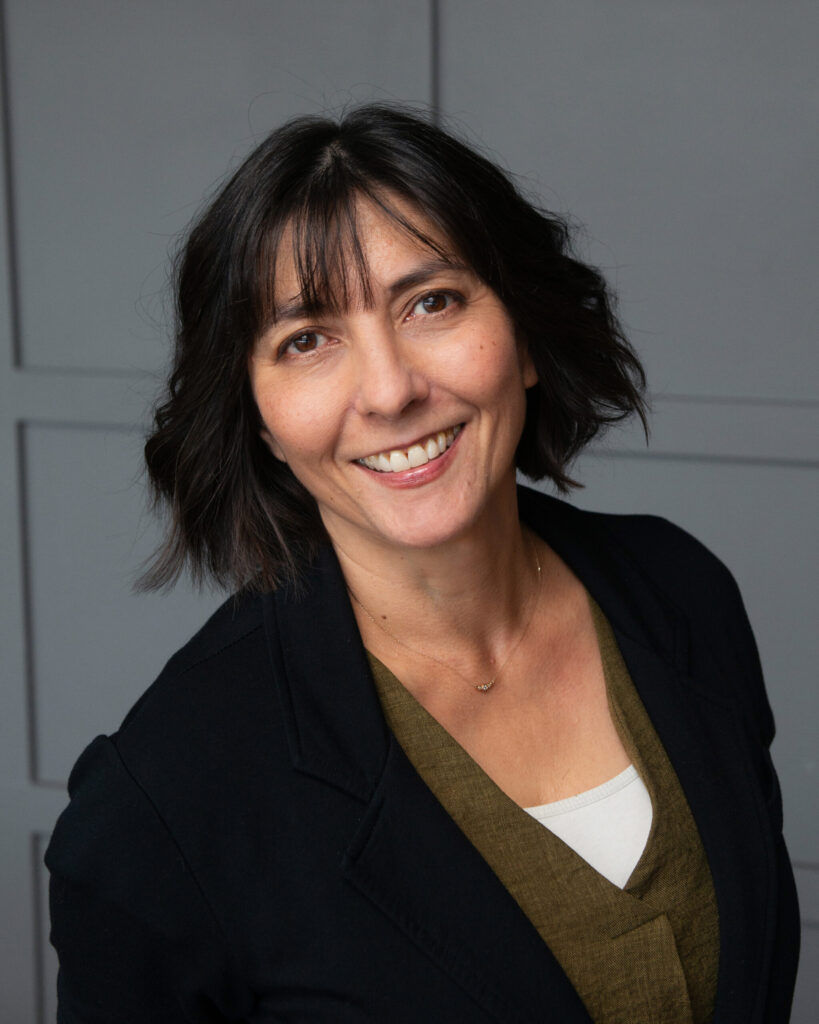The press must remain fearless even in these fearful times | HUDSON
Several weeks ago, I had a 7:30 a.m. appointment at Kaiser’s Lone Tree offices to take a set of X-rays of my right hip joint, which will be replaced in July. As I understand it, these snapshots are used by an AI program to fashion a custom prosthetic for insertion in my sawed-off femur. There’s no more grabbing a right-sized titanium insert from the orthopedic workshop. Apparently, we now receive a bespoke, tailored ball and socket set these days. Even more surprising is most hip replacements are “day” surgeries. Report in at 5:30 a.m., and walk out sometime mid-afternoon.
In any event, I picked up my copy of the New York Times lying in front of my garage on the way out the door to the MRI clinic. Arriving at the Kaiser reception desk, the young man checking me in noticed the blue plastic bag beneath my arm and inquired, “Is that today’s newspaper?” When I nodded affirmatively, he continued in apparent amazement, “I don’t think I know anyone who actually pays for home delivery.” I told him I grew up reading two daily papers, delivered each morning and evening outside Washington, D.C., and then proceeded to “diss” digital news sites. “I still prefer to hold a newspaper in my hands where I can scan its contents while slurping a cup of coffee,” I added. “Otherwise, I miss stories flipping pages online.” I promised to drop my paper off with him before leaving the building.
Then, last week, I attended a showing of Rick Goldsmith’s new documentary, “Stripped for Parts”, at the Sie Film Center on East Colfax. Goldsmith has had two of his documentaries nominated for an Oscar, including “The Most Dangerous Man in America” profiling Daniel Ellsberg’s release of the Pentagon Papers to the New York Times. “Stripped” examines the 21st century decline and frequent demise of daily newspapers in the greedy hands of Alden Capital, a hedge fund engaged in purchasing what are known as “distressed asset investments.” Alden specializes in disgorging media properties. Goldsmith’s centerpiece story focuses on the employee rebellion against Alden’s dismantling of the Denver Post. Pulitzer-winning editor Greg Moore resigned rather than lay off 30% of his newsroom staff nearly a decade ago.
Stay up to speed: Sign up for daily opinion in your inbox Monday-Friday
The movie viewing was sponsored by the Colorado Media Project and featured an audience discussion with Greg and a panel of former Post employees after its conclusion. Prior to Craigslist and competing internet-based listing sites, American newspapers (and magazines) were a highly profitable industry where advertising revenues produced powerful and wealthy families in cities large and small across the country during the 20th century. Their current remnants, as in the case of the Denver Post, held valuable real estate in their communities which can be liquidated for cash. That’s been the payoff for Alden’s investors despite the migration of 90% of advertising revenues to the internet. There was a certain irony in the fact we were assembled on the site of the Bonfils Theater, now the Tattered Cover, which was originally built by Helen Bonfils as a vanity project with profits from her family’s ownership of the Denver Post. Similarly, the Denver Center for the Performing Arts was funded with proceeds from a sale of the Post to the Los Angele Times.
The Colorado Media Project was created as a digital, employee-owned, nonprofit effort to support local papers across the state, while providing an Associated Press-style newsroom focused on Colorado stories. Heavily reliant on philanthropy in its formative years, it continues to struggle to establish a sustainable commercial niche. Although Colorado law provides an avenue for creating local government funding of media districts, a solution Greg Moore once advocated, the door may be closing on this opportunity as Congress weighs cutting off federal support for public television and radio networks. The recent emergence in rural Colorado of “news deserts” without any local news reporting was roundly bemoaned, although some hope was acknowledged for emerging digital bulletin boards cropping up in unlikely places. At a Colorado Press Association conference I attended last year, it was apparent these frequently amateur efforts often find themselves at cross purposes with the Media Project and its COLab partner.
As one central mountain digital editor remarked to me, “These so-called professionals think they have all the answers for us, but they don’t even understand what our questions are.” In a surprising query, Jeff Leib, a personal friend and former transportation reporter pushed from his job at the Denver Post, asked the panel whether we shouldn’t be thankful Alden has retained a 70-member newsroom at the paper. “We’re never going to see a 200-employee newsroom again,” Leib observed. Corrected by Greg Moore that employment actually peaked at 300, which makes the ensuing newsroom slaughter about 75%, it was evident the Post’s former editor viewed this remaining fraction as insufficient for a once Pulitzer-quality product. Nonetheless, he pointed out the much-reduced paper still remains a moneymaker with a fat profit margin of “25% to 30%.”
I’ve retained a digital subscription with the Post, but since most of its national news consists of abbreviations of longer versions from the New York Times, whose home delivery is now cheaper than home delivery of the Post, I rely on the Times for my “hands-on” perusal of the day’s news. Jeff Leib is correct; our media world has changed permanently. The “constructive destruction” which accompanies capitalism has not reached its final destination. Artificial intelligence breathes noisily just outside the door, and it isn’t clear there will be any fact checkers whenever it chooses to “hallucinate.” It’s not just newspapers stripped for parts these days. Private equity financialization of the economy finds pirates snatching up everything from childcare providers to funeral homes. With another three-and-a-half years of MAGA lunacy ahead of us, the things we’ve grown comfortable with about American democracy may be headed for the rubbish heap as well.
The notion a symbiotic relationship exists between democracy and a free press is not a newly woke belief. Our founding fathers recognized democracy’s success would be dependent on an informed citizenry. Therefore, they protected a free press in the First Amendment to the Constitution as necessary to guarantee such information — not as an enemy of the people but as their constant ally. It is reported Americans returning home from overseas are being quizzed at Customs regarding their support for President Donald Trump’s immigration policies. Their cellphones and laptops are being screened for evidence of what they’re reading and whom they’ve been talking to. It’s none of their business. There’s nothing American about infringing upon our privacy rights. We deserve a press unafraid of telling us the truth about missteps by our government — here, there and everywhere.
Miller Hudson is a public affairs consultant and a former Colorado legislator.
Colorado Politics Must-Reads:












